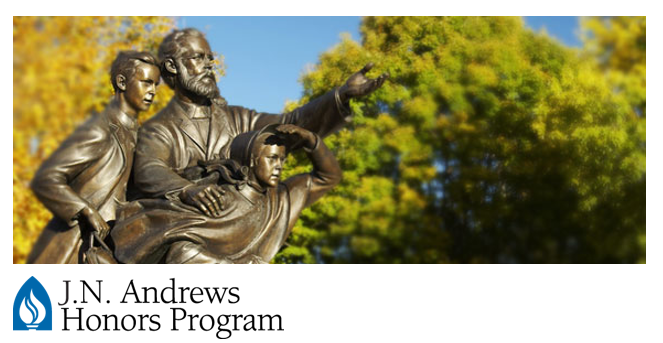Date of Award
2012
Document Type
Honors Thesis
Department
Biology
First Advisor
James L. Hayward
Abstract
Glaucous-winged gulls (Larus glaucescens) and Western gulls (Larus occidentalis) are found along the Pacific Coast. Where their breeding ranges overlap in Oregon and Washington they hybridize, producing a continuum of phenotypic variation. Whereas most colonies containing these hybrids are found on islands along the coast, several, including a large colony on Protection Island National Wildlife Refuge, WA, are located in the Salish Sea. In 2010 I scored the henotypes of 81 gull pairs at the Protection Island cology using an index based on plumage melanism and bare-part coloration. Gulls from the entire range of phenotypes in the L. glaucescens-occidentalis complex, from putatively pure L. glaucescens to putatively pure L. occidentalis, bred on the colony, although most gulls appeared more like L. glaucescens. Significant assortative mating based on phenotype occured on the colony, but a small number of L. occidentalis-type pairs appeared primarily responsible for this trend. Although the mass of the third egg in the clutch was significantly less for pairs with increasingly L. occidentalis-like males, I observed no significant difference in hatching success or clutch size across the range of phenotypes.
Recommended Citation
Moncrieff, Andre E., "Mating Patterns and Breeding Success in the Larus Glaucescens-occidentalis Complex, Protection Island, Washington" (2012). Honors Theses. 31.
https://dx.doi.org/10.32597/honors/31/
https://digitalcommons.andrews.edu/honors/31
Subject Area
Glaucous-winged gull--Reproduction., Glaucous-winged gull--Breeding, Western gull--Reproduction., Western gull--Breeding., Birds--Hybridization., Hybridization., Courtship in animals.
Creative Commons License

This work is licensed under a Creative Commons Attribution-No Derivative Works 4.0 International License.
DOI
https://dx.doi.org/10.32597/honors/31/



